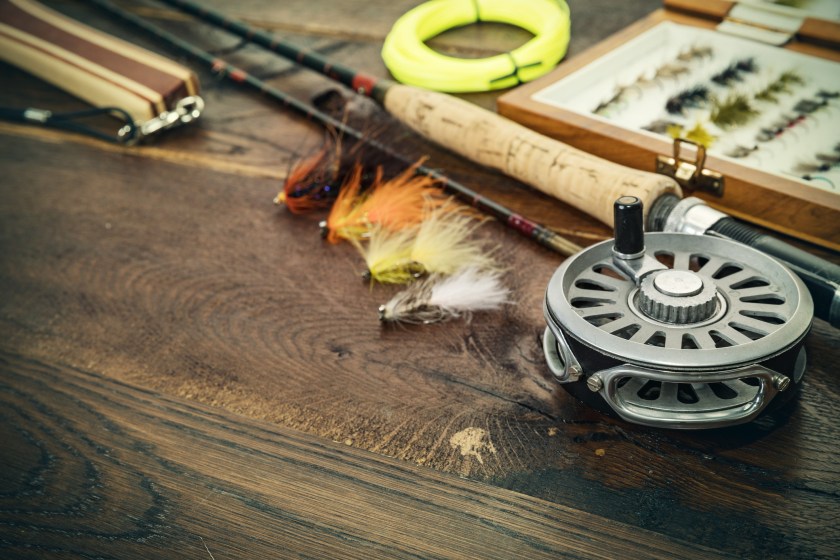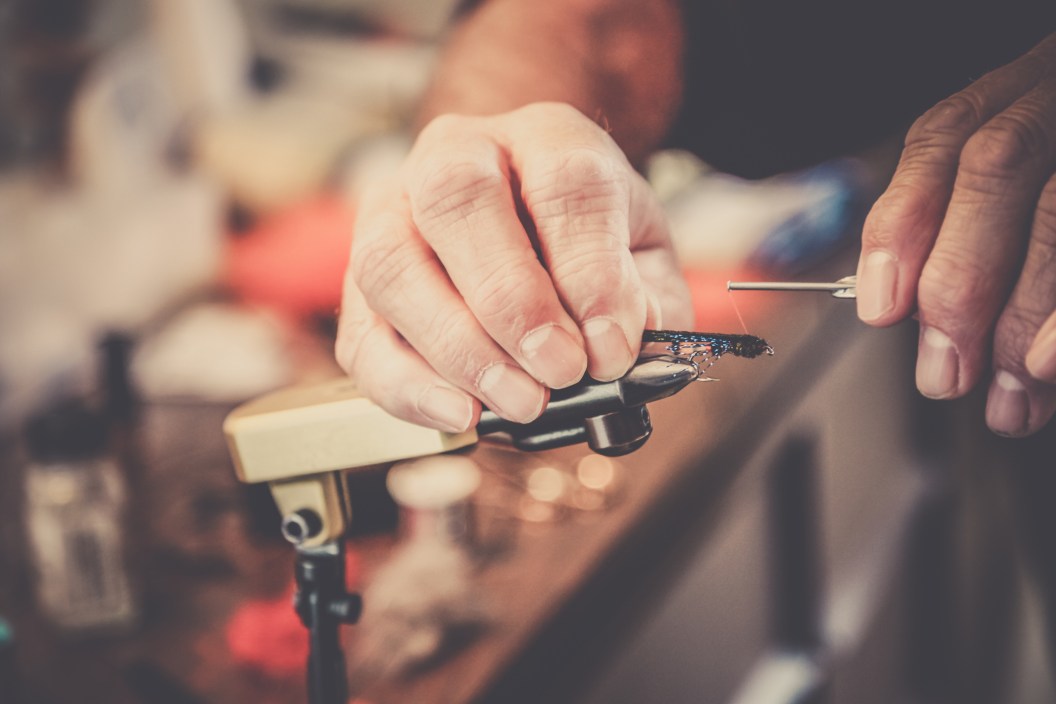Anglers and fly tiers in the fishing industry in the state of Washington have been questioning proposed legislation that would ban the sale of fur within the state.
"The industry of trapping, and activities of hunting and fly tying—and the industries associated with it—are in the crosshairs of this bill," said Josh Mills, development coordinator for Backcountry Hunters and Anglers, at a recent public hearing for the bill.
Those opposed to the proposed rule said that the legislation could cripple an industry that is reliant on natural products such as fur. The original version of the proposed bill, S.B. 6294 referred to all fur products under the same umbrella, but a proposed substitute of the bill, which was presented last week, makes an exception for certain fur products, such as fishing lures and taxidermy.
According to the substituted bill, exclusions from the statewide fur ban would include animal skin that is converted into leather; cowhide, deerskin, goatskin, or sheepskin; the pelt or skin preserved through taxidermy; and products containing animal hair, fleece, or fur fibers that are not attached to the skin including makeup brushes, paint brushes, and fly-fishing lures.
Still, many anglers and fly tiers are wondering if the updated language in the substituted bill is enough to protect the livelihood and lifestyle they love. Mills pointed out the limitation the language within the bill provides: "You cannot buy loose deer, elk, and many other fly-tying supplies without the hide attached. It's like asking someone to make coffee without the beans."

Getty, Murmakova
The substituted bill doesn't seem to account for the process by which fly shop owners acquire the natural materials needed to produce the flues they sell. Josh Phillips, co-owner of Spawn Fly Fish, for example, purchases fly tying materials from wholesale dealers who are closely regulated by the U.S. Fish and Wildlife Service. S.B. 6294 does not explicitly provide exclusions for dealers such as this. Without a middleman to purchase materials from, Phillips wouldn't be able to produce his staple product.
"The way this bill reads would condemn our business to no longer exist," Phillips said during the hearing. "It's important that we work together to understand the impact that this bill will have on small businesses like ourselves."
The nearby state of California has become the first state in the nation to ban fur trapping and the sale of fur. This went into full effect last year similar exemptions for taxidermy and fishing flies. It is still too early to determine what the long-standing effects will be there on fly shops and fly tiers.
READ MORE: California's Commercial Fur Ban




